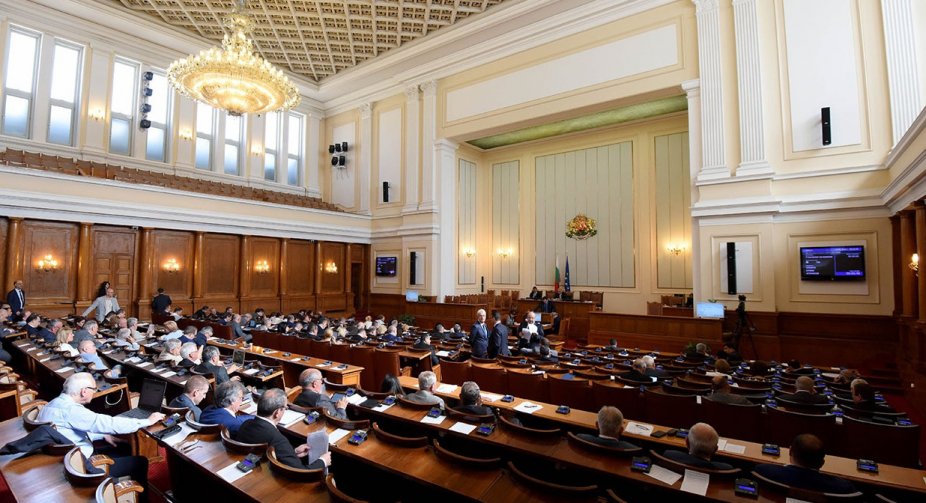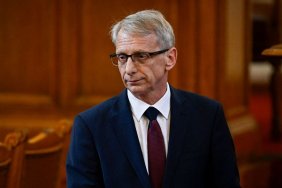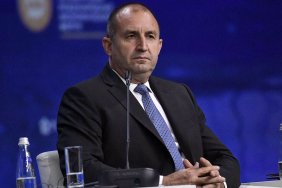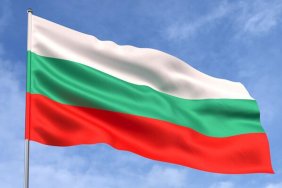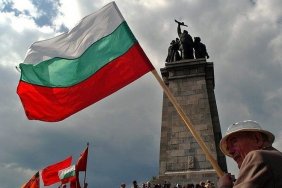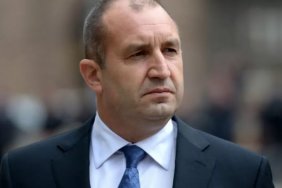Bulgarian President Rumen Radev appointed a provisional government from February 3 headed by Galab Donev.
This was reported by the press service of the Bulgarian president.
On January 21, Radev stated in an interview that Donev would remain prime minister in the next cabinet amid the political crisis.
Earlier in January, Radev scheduled early parliamentary elections for April 2, 2023, which will be the fifth election in the country in the last two years.
The new elections became known after the Socialist Party announced that it failed to form a government and returned the unfulfilled mandate to the country's president.
Analysts expect the next election to once again lead to a fragmented parliament struggling to find compromise and form a working coalition government.
The ongoing political crisis is expected to hamper Bulgaria's plans to join the eurozone later this year, as well as the timely receipt of billions of euros in EU recovery funds.
Bulgaria has been in political turmoil since the summer of 2020, when thousands of Bulgarians took to the streets to protest the rule of former Bulgarian Prime Minister Boyko Borisov, accusing him of failing to fight corruption and collusion with powerful local oligarchs.
